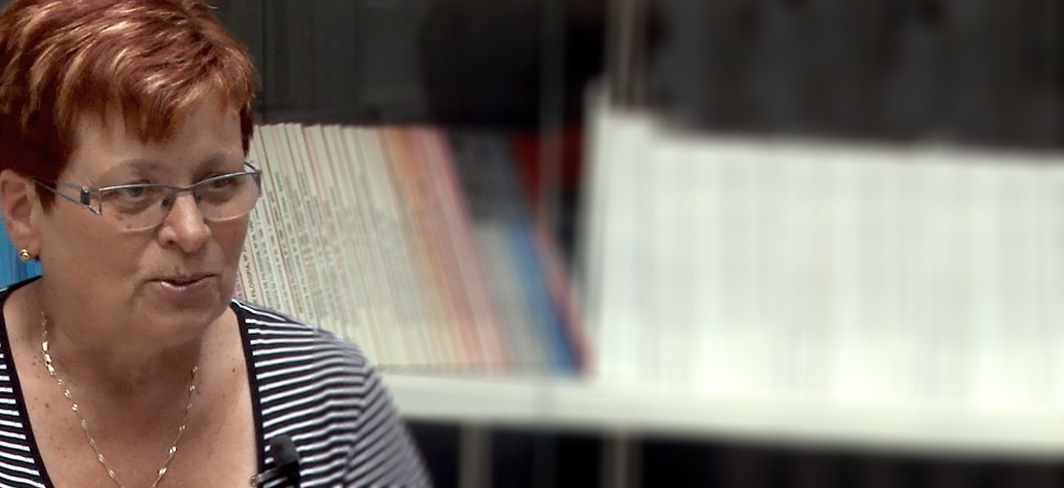DRIM - DRIM – The Interview with Majda Hostnik, a Former Leader of the Iinfopoint for Foreigners Project
14-06-2017

The idea behind DRIM stems from previous cooperation between two Slovenian organizations, DRIM's lead partner, ZRC SAZU and DRIM's project partner ZRSZ in its project output Infopoint for Foreigners where participants identified the ongoing need for information among not only newly arrived migrants but also resident migrants. They created a short version of an information platform, along with catalogue of educational programmes, measures and other services for migrants and their family members so as to improve their integration in the Slovenian labour market. The project ended in 2015. After discussion with partner organizations it became clear that the same problems exist in their countries as well. It is accordingly crucial that effective approaches and best practices of past or ongoing flagship projects are introduced. Majda Hostnik, a former leader of a project Infopoint for Foreigners talked about the meaning of the access to information for migrants in the new environment and introduced some key activities of their past project.
How was the idea about ZRSZ's Infopoint for foreigners project born?
The idea for an Infopoint for foreigners project, officially entitled Promoting employability, education and social integration of migrant workers and their families, was born as a result of a migration, specifically an economic migration from former republics of Yugoslavia. Many people came to the Slovenian labour market and needed to arrange their documents in order. The evident need of unified information for everyone in same manner has been cleary shown.
What was the effect of the Infopoint for foreigners project?
I believe that the need of providing information has been very well introduced in many environments. We have achieved that by the help of a volunteering programme that was created for three groups of unemployed migrants who adopted the idea that information needs to be shared. It is crucial that you are able to get the right information and then share it. This task was very effective, since many of the volunteers later stayed active in their environments and some still participate in the activities of ZRSZ even though Infopoint does not exist anymore. Some of them also received employment. We managed to overcome the stereotype that immigrants are not educated and that we do not need them. It was shown that they helped us with their language and cultural skills. With our informational support operated very well in their environments and helped others to integrate into Slovenian society and perhaps even stayed here because of that reason.
DRIM's main task is to create a common Danube region transnational information platform for economic integration of migrants. How did your project output, i. e. a catalogue of educational programmes, measures and other services for migrants and their family members, help you at your work?
For us the catalogue was the source of all information, which was standardised. We managed to get all the important contact information there. It was issued only in Slovenian and was meant for Slovenian counselors and professionals. It was used at ZRSZ, Administrative Units and Centres of Social Work. We have made many copies as a response to their requests and also posted the catalogue online. Later we saw that this part of our website was very well visited. The reason for that is the fact that this was the only place where so much key information and recommendtations were available. Based on this publication volunteers and employment counsellors have been trained. It represented their main working tool. Moreover, we tried to provide information in different languages; in 5 languages in all printed information. Also, we were searching for volunteers who speak other languages, such as Chinese and Hungarian. We did not have official interpreters. Instead, we searched for people who speak certain language in local environments. I believe that the language barrier is serious disadvantage when someone arrives in Slovenia.
*The interview was conducted in May 2017 at the ZRC SAZU by DRIM project leader dr. Martina Bofulin. The video was made by Manca Filak. The interview was held in Slovenian and some parts were later translated into English for the needs of publication in this newsletter.
